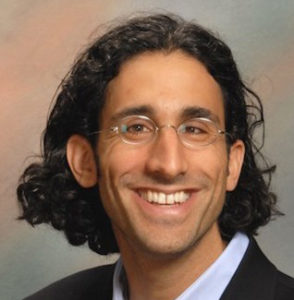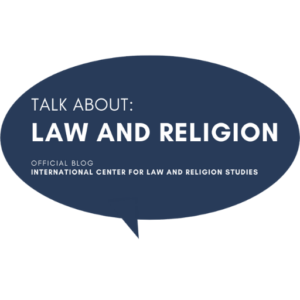Interview: Knox Thames on the U.S. Efforts to Advance Religious Freedom Globally
 Knox Thames is a Senior Fellow at the Institute for Global Engagement and Visiting Expert at the U.S. Institute of Peace. He previously served as the State Department Special Advisor for Religious Minorities under both the Obama and Trump administrations. He is writing a book on 21st-century strategies to combat religious persecution. Knox Thames was interviewed by Dmytro Vovk.
Knox Thames is a Senior Fellow at the Institute for Global Engagement and Visiting Expert at the U.S. Institute of Peace. He previously served as the State Department Special Advisor for Religious Minorities under both the Obama and Trump administrations. He is writing a book on 21st-century strategies to combat religious persecution. Knox Thames was interviewed by Dmytro Vovk.
Watch a shorter video version of this interview here.
TalkAbout: Why is religious freedom an important part of U.S. foreign policy?
Knox Thames: The promotion of freedom of religion or belief, internationally, is a reflection of American values and history. Many of the first European settlers were religious minorities who came to North America because they were fleeing religious persecution in Europe. They were looking for a place where they could freely practice their beliefs and live out their faith, and they found that here in North America. It’s been a part of the American narrative from the very beginning. Once our Republic was established, our Constitution was written, and our Bill of Rights was created, the very first of ten amendments, the First Amendment, was created protecting freedom of religion or belief and preventing the government from interfering into the practice of religion. It was that framework that has served our country very well over 245 years. We have tremendous religious liberty here in the United States. It’s not perfect. But it has continually improved as we’ve become increasingly diverse religiously, ethnically, to allow everyone to pursue truth as their conscience leads.


 By
By